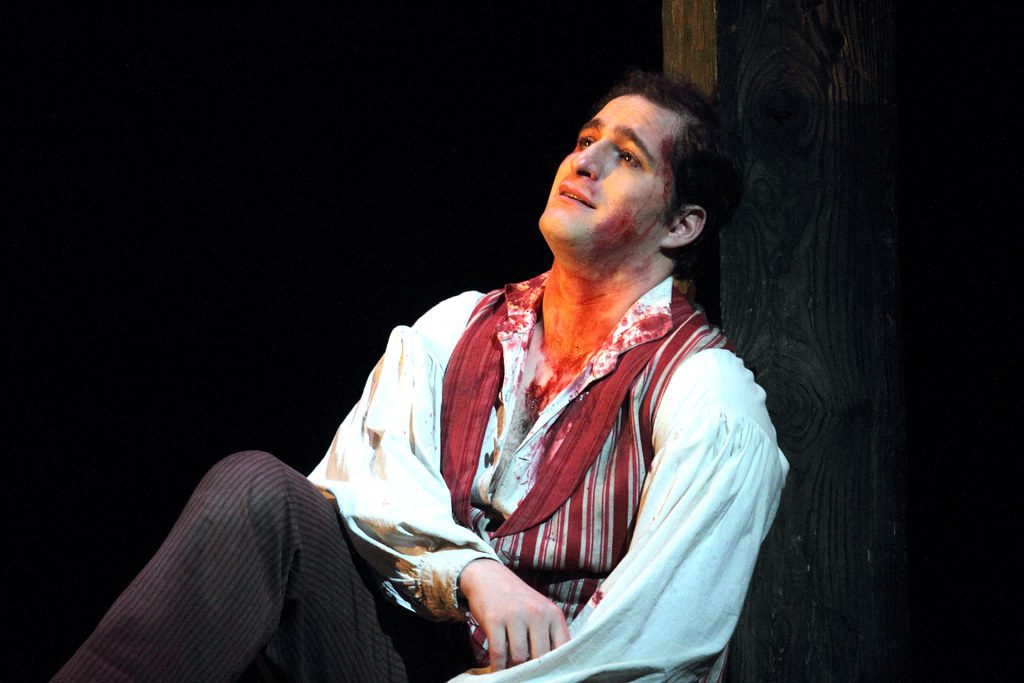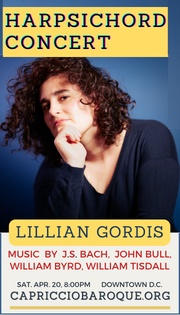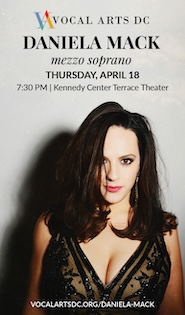From stuntman to opera singer, tenor Massi brings a range of skills to WNO’s “Tosca”

Riccardo Massi sings Cavaradossi in Puccini’s “Tosca,” which opens Saturday night at Washington National Opera. Photo: Salvatore Sportato
Riccardo Massi will make his Washington National Opera debut this weekend, as Cavaradossi in the company’s production of Puccini’s Tosca.
The Italian tenor has sung the part of the doomed artist who is in love with the mercurial opera singer Floria Tosca over seventy times, and loves the role for its intensity and variety of character.
“It’s Puccini’s masterpiece because it’s a thriller,” he says. “It’s very fast-moving. Everything happens in less than one day.” That pacing can be daunting for a singer as well, he adds. “You come on stage, and after 30 seconds you have to sing one of the main arias, ‘Recondita armonia’. And it’s all in the passagio, it’s very large, so you have to warm up a lot.”
Massi is working for the first time with Italian conductor Speranza Scappucci—last in Washington to conduct La Cenerentola in 2015. “So far, it’s beautiful to work with her,” he says, “because she knows what a singer wants and she is musically very precise. Some conductors, you feel safe when you have them in the pit, and she is one of them.
“Some conductors look at the score, and some conductors look at the singers. She is one of the few who looks at the singers.”
Massi’s opera career took off in 2007, when he earned a coveted place in the young artists program at La Scala. For several years before that, while he was studying singing with a teacher, he supported himself in an unusual line of work for an opera singer. He was a stuntman and weapons specialist at the Cinecittà film studio in Rome, a job that began with Martin Scorsese’s Gangs of New York, starring Leonardo DiCaprio, in 2000.
“I was involved in martial arts since I was a kid,” he explains. “At one point I was learning how to use weapons: fencing, swords and shields, knives, spears. One of my teachers was also a stunt coordinator in Cinecittà, and that’s how I got started.”
He was already working with a voice teacher during this time, finding that his voice sat more comfortably in the spinto repertoire than the lirico tenor roles. “I kept studying, I kept fighting,” he says. “You know, you have to pay the bills. I did anything I could to provide money for myself, for lessons and everything else.”
When asked if opera fans might recognize him in any scenes in Gangs of New York, he laughs. “I did many stunts,” he explains, “but you wouldn’t recognize me in any of those scenes, because I am always close to explosions or, you know, stuff falling down. But there is a scene, the final battle between the two gangs, where you can see me near DiCaprio’s character. I am on the right, the third or fourth guy right in front.”

Riccardo Massi as Cavaradossi in “Tosca” at the Royal Opera House, Covent Garden. Photo: Catherine Ashmore
As for the most dangerous kinds of stunts he has done on screen, Massi answers without hesitation. “Being set on fire or being next to explosions,” he says with a laugh. “Someone’s got to do that! If you have the preparation for that, you just do it. There are special suits for that, gel that you put on your face, nose, and ears, so you don’t burn yourself with the fire. It was very, very dangerous and I broke some bones here and there, but those were also really fun years.”
His stunt training can come in handy on the opera stage, as in the final scene of Tosca. “As Cavaradossi, when they shoot me, I always try to fall in a very spectacular way. Some things you can use on stage, some you cannot.”
It’s too bad Cavaradossi is not the one who gets to leap off the parapet, but perhaps Massi can give some pointers to his Tosca, soprano Keri Alkema. The two singers are back together in this opera after a production they did with Palm Beach Opera last year. “She does that [leap] very well,” he says with admiration “Once you have the confidence and you know where the mattress is, you just rehearse it a couple times and you have it.”
Ethan McSweeny is directing WNO’s production, which uses scenery provided by Seattle Opera along with costumes by Lena Rivkina. “It’s a traditional production,” Massi says, “but the director is working very much on the details, which is something that I really love. Sometimes, especially when you do traditional productions, some things are almost taken for granted. I’ve done this role many times, but it’s always nice to find someone who gives you a new point of view. We’re working a lot, we’re rehearsing a lot, but it’s definitely worth it.”
Massi adds that, for him, he prefers traditional productions because they make sense. “There’s nothing to interpret or revisit, so I love the traditional ones,” he says. “If I happen to be in a good modern production, one that makes sense, then I’m happy. Most of the time, they don’t make sense or it’s very difficult to understand what the director wants to say. Sometimes they have good ideas, to set the opera in another historical period or in a specific situation”
As he sees it, one type of listener is most adversely affected by modern productions. “I have brought a lot of my friends to see opera for the first time,” he explains, “and sometimes they were amazed. But often with a very modern, strange production, they were confused. Some of them have said, ‘Oh, so that is opera, I don’t know if I like it’. This is why, at the end of the day, if you ask me to choose, I would choose traditional productions because it always works.”
Not that he has not enjoyed more unusual types of productions, he counters. “Of course we also have to take a look at the times we are living in,” he adds, “so some things can be a little bit more modern and dynamic, I agree about this, but I always think that a director should never betray the spirit of the opera itself.”
Riccardo Massi stars in Tosca at Washington National Opera, from May 11 to 25. kennedy-center.org; 202-467-4600







